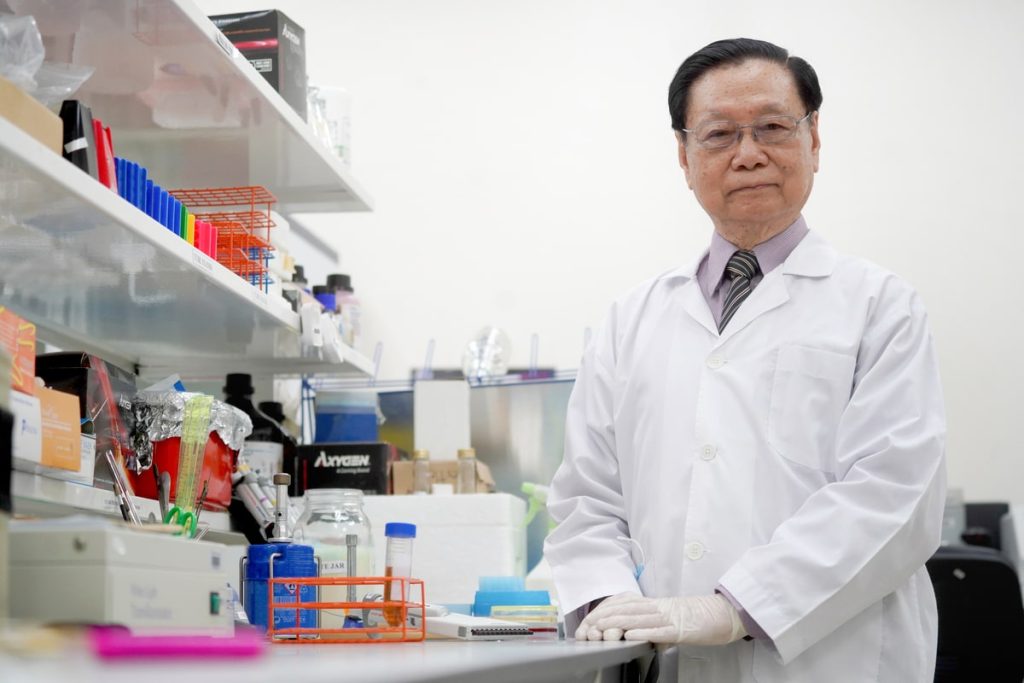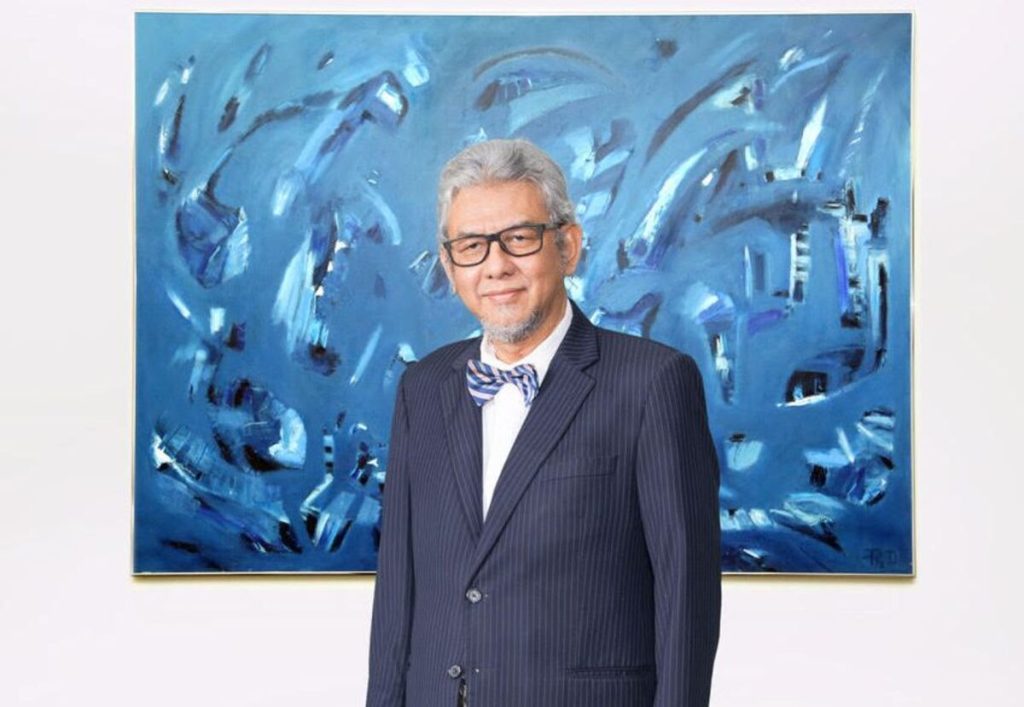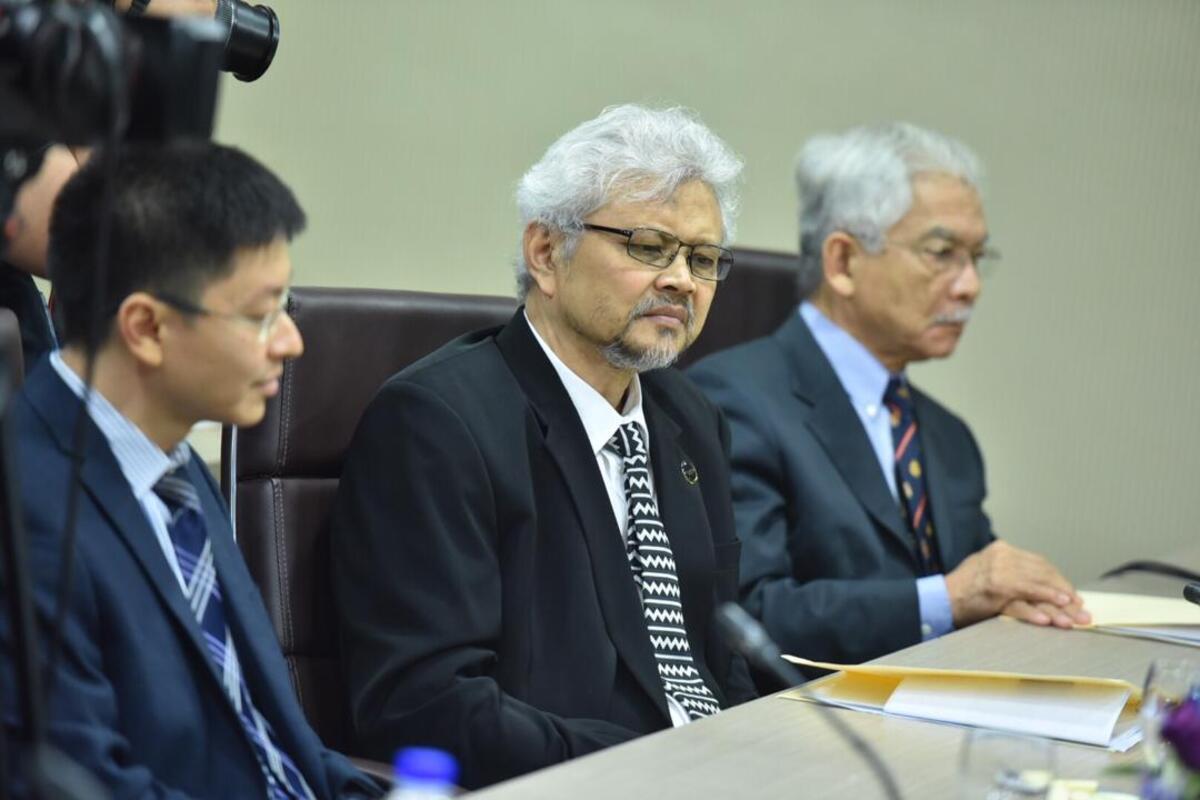KUALA LUMPUR, March 15 – Experts have endorsed the conditional approval of Takeda’s Qdenga dengue vaccine in Malaysia as a crucial tool in curbing the epidemic, amid flagging public health measures like fogging and Wolbachia mosquitoes.
Dr Musa Mohd Nordin, a consultant paediatrician at KPJ Damansara Specialist Hospital, noted that the World Health Organization’s (WHO) Strategic Advisory Group of Experts (SAGE) has endorsed the use of Takeda’s dengue vaccine without pre-vaccination screening.
“Therefore, the awaited conditional approval of Takeda’s Qdenga dengue vaccine by the Drug Control Authority (DCA) is a most welcome breakthrough, an invaluable armamentarium in our war against dengue,” Dr Musa wrote.
In February, Malaysia’s DCA gave conditional approval for use of Takeda’s Qdenga dengue vaccine to prevent dengue fever in individuals aged four years and older.
While acknowledging that the vaccine is not a singular solution to Malaysia’s worsening dengue epidemic, experts highlight its potential to significantly reduce hospitalisations, particularly in high-burden areas.
This comes as Malaysia grapples with an 86 per cent increase in dengue cases and a 79 per cent increase in deaths from dengue compared to 2022, prompting calls for a multi-pronged approach that includes both vector control and vaccination.
Qdenga’s Phase 3 Trial: Vaccine Efficacy Against Symptomatic Dengue: 61.2%, Against Hospitalisation: 84.1%

According to four and a half years of follow-up data from a Phase 3 randomised, double-blind, placebo-controlled trial of Qdenga’s dengue vaccine in more than 20,000 healthy children and adolescents aged four to 16 years living in eight dengue-endemic countries, overall vaccine efficacy was 61.2 per cent against symptomatic dengue and 84.1 per cent against hospitalisation.
The Tetravalent Immunisation against Dengue Efficacy Study (TIDES) showed long-term efficacy and safety with the vaccine.
“The Takeda dengue vaccine, known as Qdenga (TAK-003), is based on a live-attenuated dengue serotype 2 virus, which provides the genetic ‘backbone’ for all four dengue virus serotypes and is designed to protect against any of these serotypes,” virologist Emeritus Professor Dr Lam Sai Kit, a research consultant at Universiti Malaya and senior fellow at the Academy of Sciences Malaysia, told CodeBlue.
“In terms of safety, Qdenga has been generally well tolerated and no important safety risks have been identified in the TIDES trial.”
Lam noted that Qdenga is also available for children and adults in the European Union, the United Kingdom, Indonesia, Thailand, and Brazil.
“As a matter of fact, the city of Dourados in the Brazilian state of Mato Grosso do Sul announced on 3 January 2024 that it has begun the country’s first mass vaccination against dengue using Qdenga,” said the virologist.
“Brazil registered 1.6 million cases of dengue in 2023, and 1,053 deaths, and the country’s health ministry announced it would include Takeda’s shot in the national vaccination programme.”
Dr Musa said Qdenga’s vaccine effectiveness of 84.1 per cent against hospitalisation would reduce demand for Malaysia’s hospital beds.
“Another aspect of the vaccine which is equally important is that no serious adverse events following immunisation (AEFI) [related to the vaccine] were reported. In particular, there was no evidence of dengue disease enhancement and no increased risk of hospitalisation in Takeda’s Qdenga vaccine recipients,” said the consultant paediatrician.
Conduct Pilot Vaccination Programme In High-Burden Areas

Prof Dr Lokman Hakim Sulaiman – deputy vice chancellor (research) and director of the Institute for Research, Development and Innovation at International Medical University – advocated for a pilot vaccination programme with Qdenga in pre-defined geographical areas, particularly to assess vaccine efficacy against the DENV-3 and DENV-4 serotypes of the dengue virus, considering their recent surge.
The vaccination programme can focus on high-burden regions like the Klang Valley and utilise the WHO SAGE matrix to identify suitable areas.
“Yes, vaccines can be one of the tools, and looking at the current situation, may be the key to dengue control, but it is not the silver bullet,” Dr Lokman told CodeBlue.
He explained that while Qdenga’s dengue vaccine is effective against all serotypes in previously infected individuals, protection for dengue-naive individuals varies significantly: 45.4 per cent for DENV-1, 88 per cent for DENV-2, and no observed protection for DENV-3 and DENV-4.
“I also think the government and global community need to invest a lot more in R&D for dengue. It is ironic that despite being the most rapidly increasing infectious burden globally, dengue remained as a ‘neglected tropical disease’,” Dr Lokman said.
“Malaria benefited a lot from huge investment in R&D since the 1980s and is now reaping the fruits of its investment.”
Dr Musa suggested a pilot vaccination study in high-burden areas with seroprevalence exceeding 60 per cent before considering inclusion of the Qdenga vaccine into the National Immunisation Programme (NIP), drawing parallels to other vaccines like Hepatitis B, Measles Mumps Rubella (MMR), Haemophilus influenza B, (HiB), Human Papillomavirus (HPV), and the Pneumococcal Conjugate Vaccine (PCV).
“The Tetanus, Diphtheria, Pertussis (Tdap) vaccine in pregnant mothers and influenza vaccine in older persons is now being seriously considered by the MOH,” he said.
“I guess it will not be much different with the dengue vaccine. There will be selective usage in the MOH and wider utilisation in the private health care sector prior to its inclusion in the NIP. Cost effective analysis will be undertaken to study the potential impact of the dengue vaccine on the cost and health outcomes of dengue fever.”








